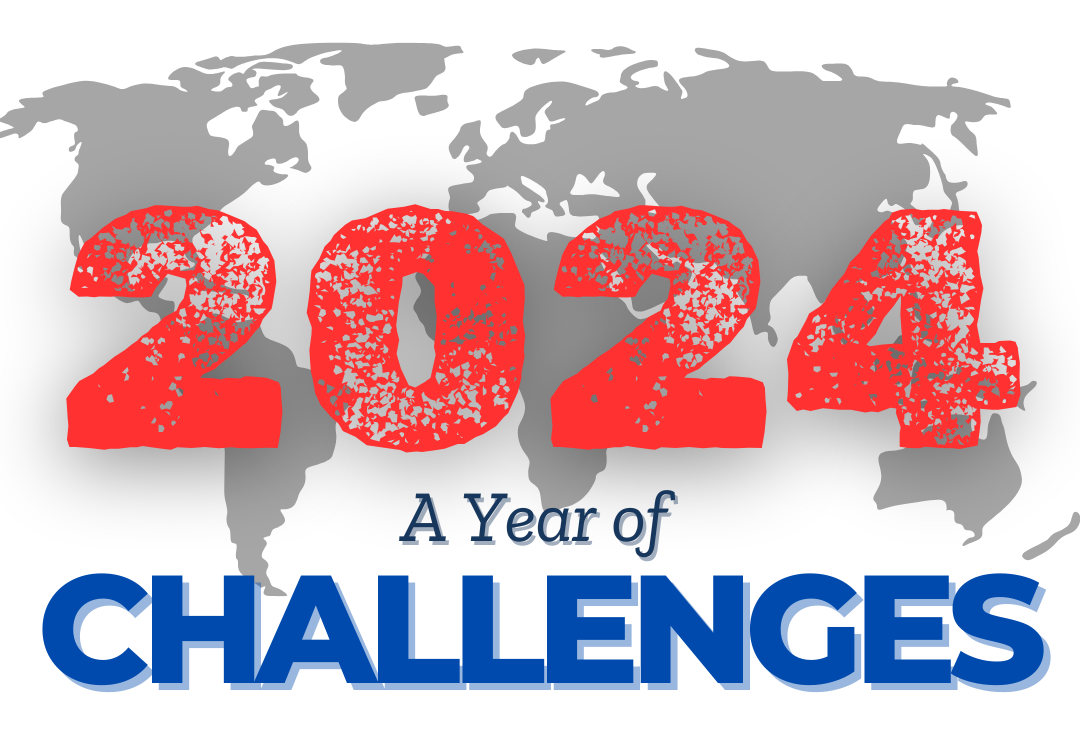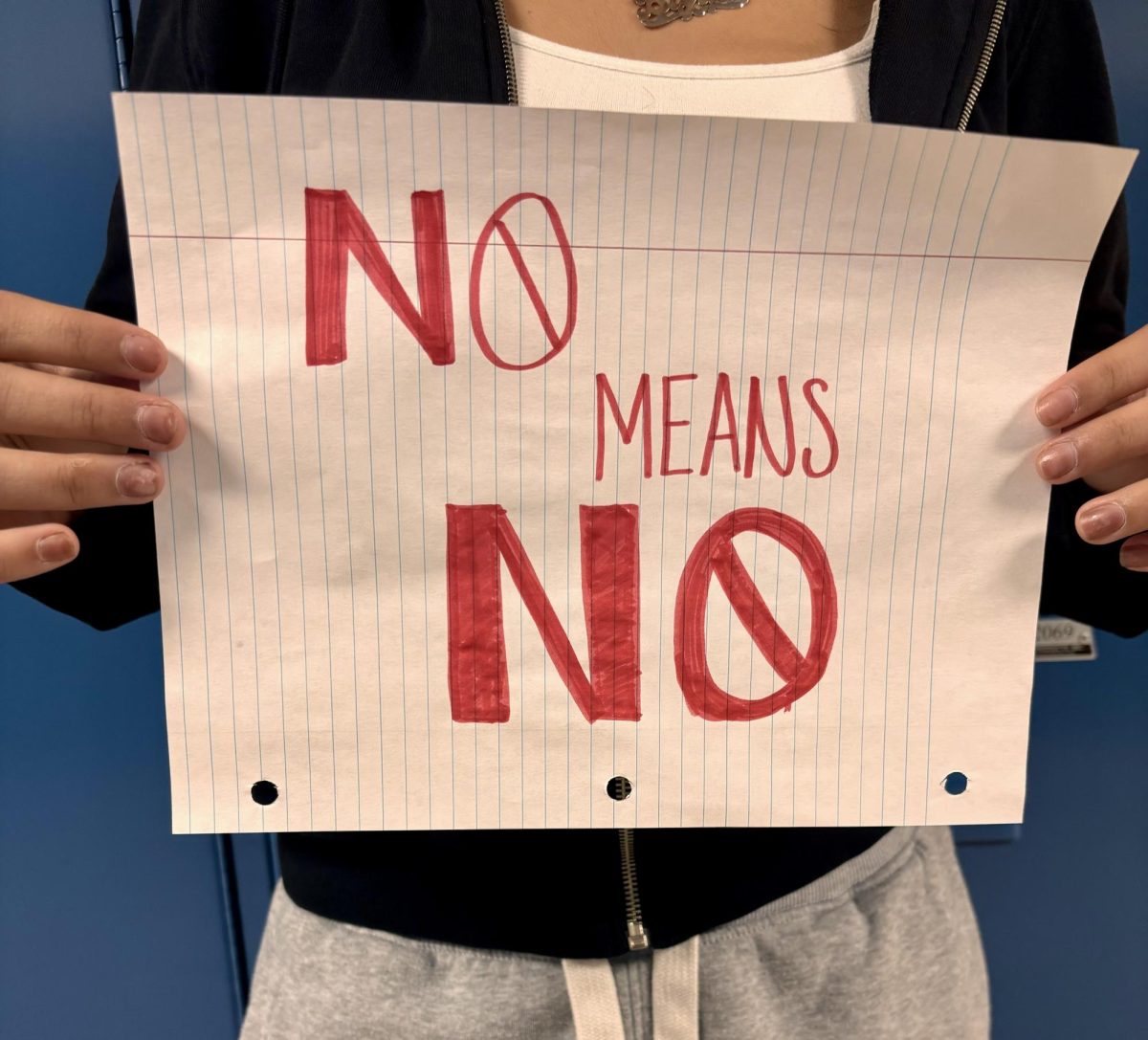International Women’s Day, celebrated annually on March 8th, is a holiday that honors the achievements of women. Around the globe, Women’s Day serves to promote the fight for gender equality. This year, thousands observed by striking, protesting, and coming together harmoniously to end sexism.
Following a trailblazing 2016, many see this year’s International Women’s Day to be the most important, and controversial, to date. This past year, most notably, a woman won the popular vote in our presidential election. Also, an increased interest in “women’s issues” swept the nation and debate ensued on the wage gap and reproductive rights. An after inaugural Women’s March saw millions, both men and women, take to the streets and stand in solidarity. This increased awareness of both women’s setbacks and contributions to society led many to ask: what would happen without women?
And so, women’s rights activists devised a plan and deemed March 8, 2017 as “A Day Without a Woman.” This day of protest called for women from every state in the country to strike. Women called off work, stayed home from school, and thousands gathered on city streets to demonstrate. Surprisingly, the school district of Alexandria, Virginia canceled class because of the vast number of female students striking. Concurrently, Los Angeles, Philadelphia, Chicago, and San Francisco were swamped with marchers chanting and screaming for equality.
Vahini Shori, a sixteen-year-old Colonia High School Junior and teenage activist was one of them. She traveled with her sister to an organized march in New York City with a homemade poster, ready to exercise her rights. Shori’s Instagram, now adorned with several artsy candids of the egalitarian in action, tell the story.
“I decided to walk for Planned Parenthood, equal education, equal pay, equal love, equal respect, and the right to just be seen as human,” Shori says. She marched for the women that motivate her- her mother, Michelle Obama, and her favorite comedienne Ellen DeGeneres. The discrimination she has faced in life, she says, parallel the struggles of these aforementioned idols.
“From the way we are taught to the way we are treated, we are constantly fed the idea that women are not equal. The largest issue facing young women in America today is simply how they are raised and taught and conditioned into thinking that they aren’t good enough, and that they need to be careful,” Shori explains. The protesters she witnessed at the march were angry and determined to fix inequality, just as she is.
However, not all had the opportunity to skip school and work. Women’s supporters who couldn’t strike donned red to show support. Schoolteachers scheduled lessons about famous feminists. Google temporarily changed its homepage to an interactive image of famous lady trailblazers. Many felt these efforts helped in advancing the national conversation about gender.
Eventually, protests dissipated in the late hours of the evening. The day finished with women returning to the responsibilities they escaped from and International Women’s Day 2017 taking its place in American history.
Shori concludes, “After the march I felt re-energized and ready for more, as I’m sure many other women felt as well. This is only the beginning…”










